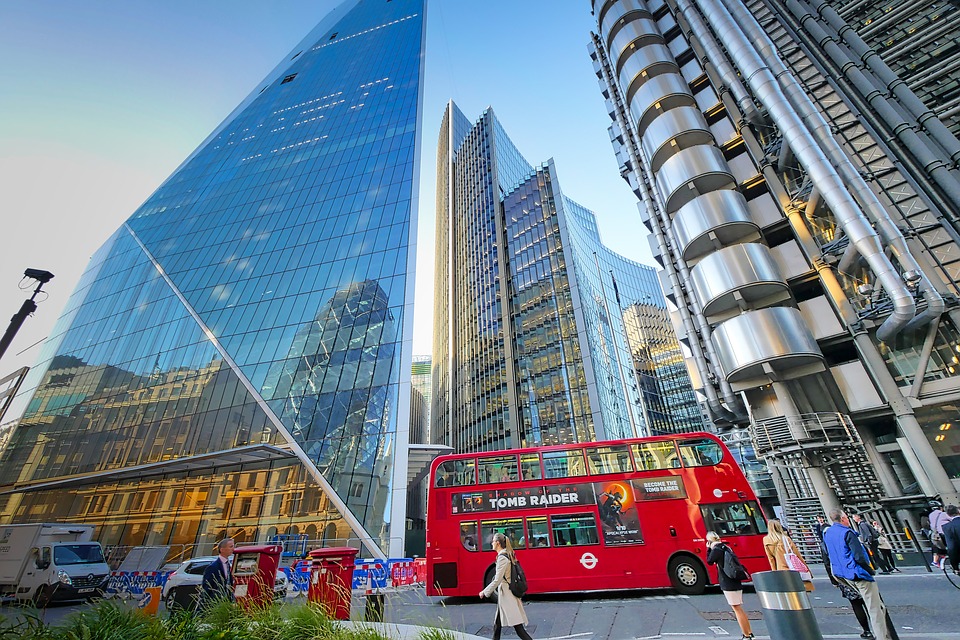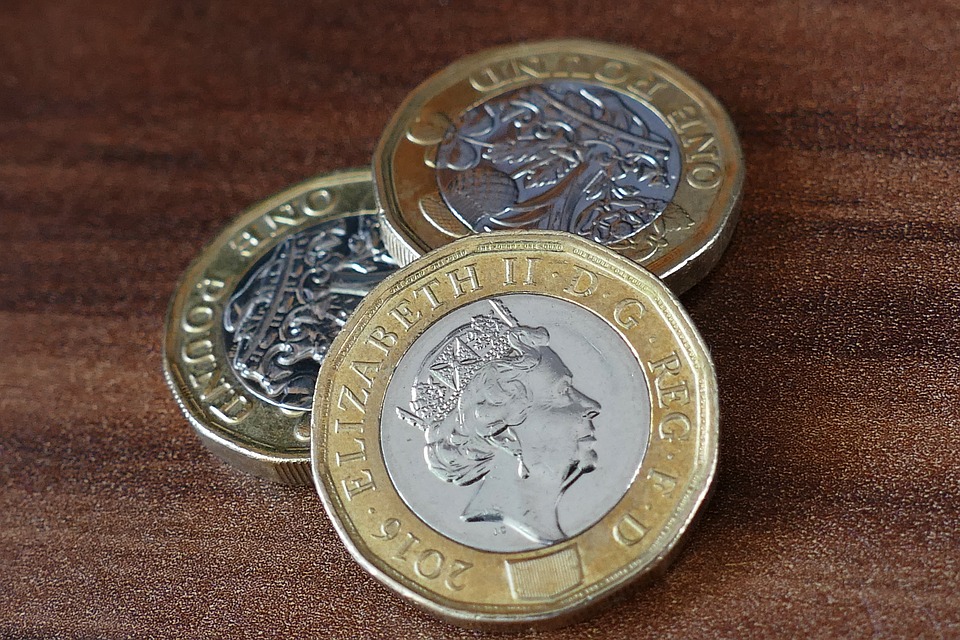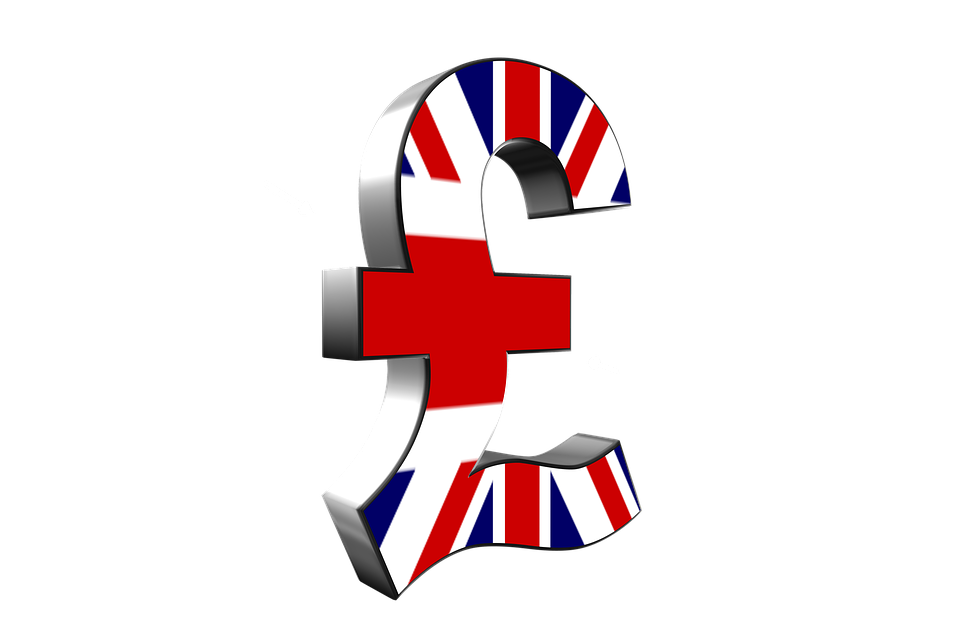London businesses are set to drive the UK’s economic recovery from the Covid-19 crisis over the coming months.
Firms in the capital are the most confident out of all regions across the country, according to Lloyds Bank’s latest businesses barometer survey.
65 per cent of London businesses are optimistic about their medium term prospects, up three percentage points over the last month.
Elevated confidence levels in the capital underlines the scale of recovery London businesses have undergone since the depths of the pandemic.
To find out more about how we can assist you with your Second Charge Mortgage please click here
The capital was one of the hardest hit areas of the UK due to a large proportion of the country’s leisure and hospitality sector being concentrated in the city.
Business confidence in the UK as a whole edged down three percentage points over the last month to 43 per cent as a result of firms becoming more pessimistic about the health of the British economy.
However, positivity is well above the long term average of 28 per cent.
An easing of supply chain breakdowns and shortages of crucial materials has improved trading conditions and boosted firms’ confidence levels.
But, swelling costs are making firms more willing to hike prices to protect margins. 45 per cent of businesses expect to increase prices, the highest proportion since Lloyds started tracking the data.
An increase in labour supply after the furlough scheme was fully wound down at the end of September has partially resolved businesses’ struggles in attracting enough workers to deliver normal services.
According to Lloyds, 90 per cent of businesses plan to bring back more than half of furloughed staff, indicating unemployment is unlikely to undergo a sharp uptick.
Hann-Ju Ho, senior economist Lloyds Bank Commercial Banking, said: “While economic optimism saw a slight dent in October due to rising costs and the on-going supply chain issues, it is clear that firms are still feeling relatively buoyant as overall business confidence remains high and above the long term average.”
By Jack Barnett
Source: City AM
Discover our Second Charge Mortgage Broker services.




